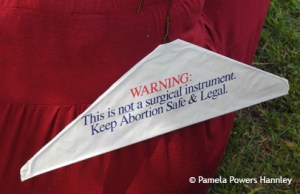 The GOP’s alleged boy genius, Ayn Rand fanboy Rep. Paul Ryan, the “zombie-eyed granny starver from the state of Wisconsin,” is a classic example of being blinded by ideology.
The GOP’s alleged boy genius, Ayn Rand fanboy Rep. Paul Ryan, the “zombie-eyed granny starver from the state of Wisconsin,” is a classic example of being blinded by ideology.
The Flimflam Man, as Paul Krugman dubbed him, has said since his failed 2012 vice presidential bid that he is working on the issue of poverty — which really means that he is working on writing a revisionist history of the “war on poverty.” See, The War on Poverty: 50 Years Later | Budget.House.Gov (.pdf). Professor Krugman laid waste to this report in The Hammock Fallacy.
With the recent unrest in Baltimore, the Sunday morning bobblehead shows this past Sunday wanted to talk about the issue of poverty, so naturally the media villagers invited The Flimflam Man to talk about poverty, because he is the GOP’s alleged boy genius, and he says that Baltimore is stuck in ‘poverty trap’ and The war on poverty ‘not getting the results we need.
Ryan appeared on CBS’ “Face The Nation” and said that ““After a 50-year war on poverty and trillions of dollars spent, we still have the same poverty rates – 45 million people in poverty.” The Washington Post’s Fact Checker Glenn Kessler examines Paul Ryan’s slick use of poverty rates to declare the ‘war on poverty’ a failure:
There was [Paul Ryan] on one show saying the war on poverty launched by President Lyndon B. Johnson had left the nation with “the same poverty rates” and 45 million people in poverty. And, then, there was a [Chris Van Hollen] saying that without that effort, 40 million more Americans would be in poverty.
This is a classic example of how politicians pick the best statistic to make their case. But the case for Van Hollen’s stat is stronger. Let’s take a look.
Read more
 Starting from the top, an estimated 21.2 percent of all Arizonans in 2014 were at or below the federal poverty line.
Starting from the top, an estimated 21.2 percent of all Arizonans in 2014 were at or below the federal poverty line.




